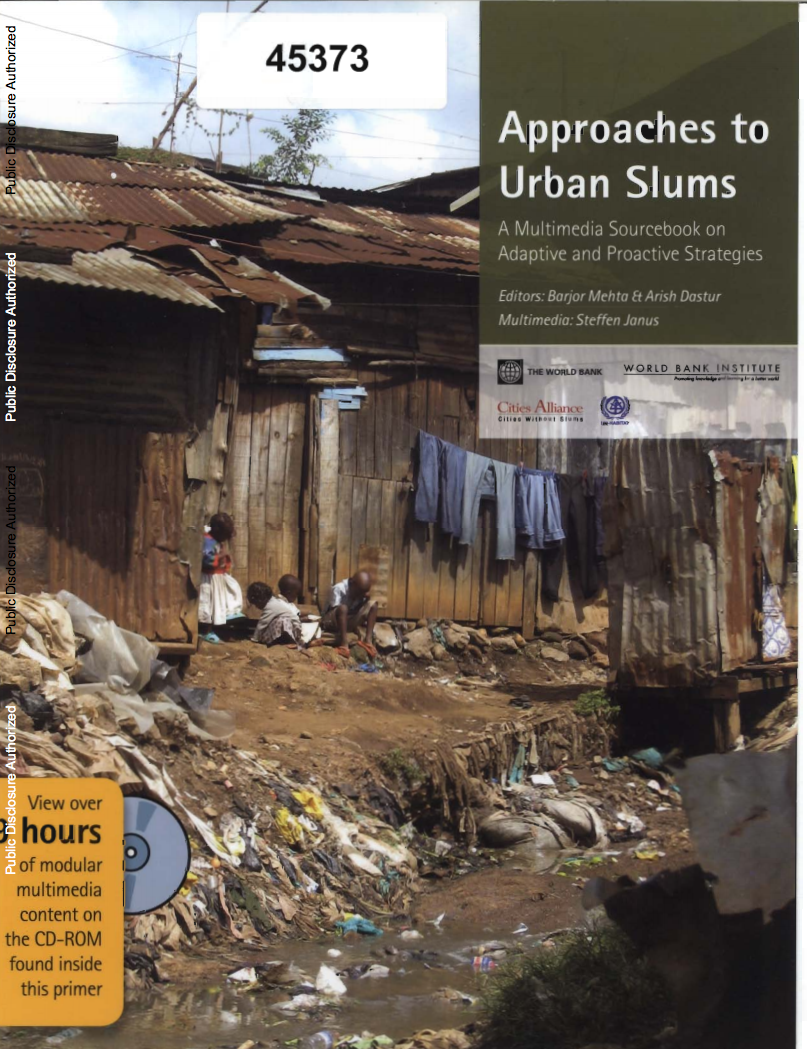Handshake, No. 4 (January 2012)
This issue includes the following
headings: mass rapid transit: a tool for urban expansion;
financing: beyond sovereign guarantees; and low-income
housing: lessons from Latin America.


